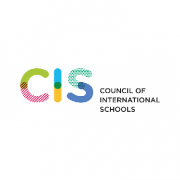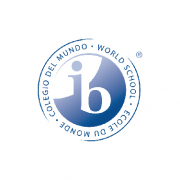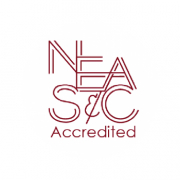 Council of International Schools
Council of International Schools
CIS is a global non-project organisation providing accreditation and professional development services to schools and universities with a particular emphasis on: global citizenship, diversity, equity and inclusion, child protection, data protection, mental-health and well-being. The CIS community includes more than 1300 schools and universities, representing 123 countries.
CIS International Accreditation is accepted by other countries and associations internationally as a mark of quality assurance. This includes the International Commission Advancing Independent School Accreditation (ICAISA) and the International Alliance for Accreditation in the United States of America, ONESQA in Thailand, the Victoria and Queensland State Departments of Education in Australia, the Council of British International Schools (COBIS) in the UK, the British Schools of the Middle East (BSME) and the Federation of British International Schools in Southeast Asia (FOBISIA). CIS International Accreditation is recognised throughout the United States, facilitating the acceptance of students’ transcripts with colleges and universities.
More than 530 CIS member schools are currently accredited. Please note that not all CIS member schools seek accreditation, as they may be accredited by national or other accreditation agencies.
 International Baccalaureate
International Baccalaureate
Founded in 1968, the International Baccalaureate® (IB) is a non-profit educational foundation offering four highly respected programmes of international education that develop the intellectual, personal, emotional and social skills needed to live, learn and work in a rapidly globalising world. ISA has been an IB school since 1979 when it was the first school in the Netherlands authorised to offer the IB Diploma Programme (DP). Subsequently, ISA was authorised to offer the Middle Years Programme (MYP) in 1992, another first within the Netherlands. ISA had been a leading school in the International Schools Curriculum Project (ISCP) which was adopted by the IB to provide a curriculum framework for primary schools; this evolved into the Primary Years Programme (PYP). ISA carries the distinction of being the first school in the world authorised to offer the PYP, in 1997.
New England Association of Schools and Colleges
The New England Association of Schools and Colleges (NEASC) is an independent, nonprofit membership organization and one of the six regional bodies in the United States accrediting public and independent schools. NEASC also serves international schools around the world through its Commission on International Education (NEASC-CIE), formerly known as the Commission on American and International Schools Abroad (CAISA). There are currently over 300 international schools accredited by NEASC across more than 75 countries.


